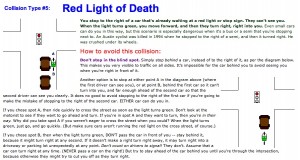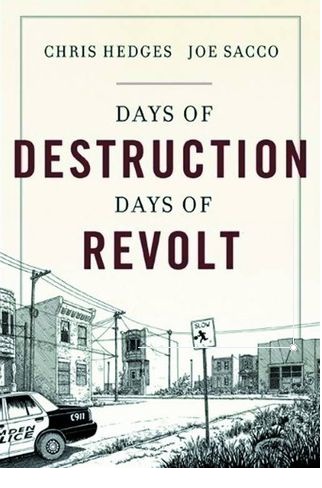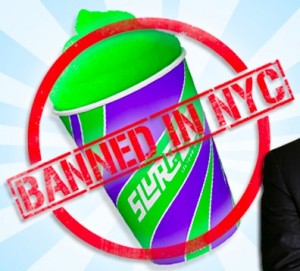In September, Green Drinks discusses
- How to Save the Internet and advocate for an open internet
- Why fracking has such a disastrous impact on our national/local water supplies and why this practice should be ended
- How to build healthy, bikeable/walkable communities
SAVING THE INTERNET & NET NEUTRALITY
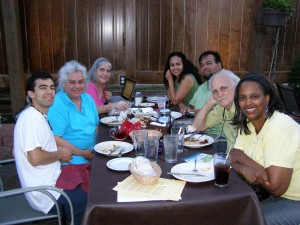 Open internet access is one of the great freedom fights of our time. We have to use it so we don’t lose it. This is now a standard topic of discussion at every Green Drinks 3 event. See more at http://thewei.com/kimi/verizon-wants-to-control-your-internet-keep-them-out/
Open internet access is one of the great freedom fights of our time. We have to use it so we don’t lose it. This is now a standard topic of discussion at every Green Drinks 3 event. See more at http://thewei.com/kimi/verizon-wants-to-control-your-internet-keep-them-out/
FRACKING AWARENESS RESOURCES & ACTIONS
- http://www.foodandwaterwatch.org/water/fracking/fracking-action-center/
- Global Frackdown http://www.globalfrackdown.org/
- http://shalegasoutrage.org/ NJ & Philly on 20 Sept 2012
Newark Green drinks
Meets 1st Mondays at Rio Rodizio Newark except on major holidays.
1st Monday this month was Labor Day, so we didn’t meet.
Hackensack Green Drinks
Monday, 10 Sept 2012 7-9pm (and 2nd Mondays)
At Victor’s Maywood Inn, 122 W. Pleasant Avenue, Maywood NJ
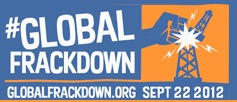 Hackensack Green Drinks will be joined by members of 350.org and Food & Water Watch who will discuss climate actions and tell us about fracking teach-ins happening in September.
Hackensack Green Drinks will be joined by members of 350.org and Food & Water Watch who will discuss climate actions and tell us about fracking teach-ins happening in September.
Paterson-Clifton Green Drinks
Tuesday, 18 September 2012 7-9 pm (and 3rd Tuesdays)
The Sultan Restaurant, 429 Crooks Avenue, Clifton NJ (outside if the weather’s nice)
Where to find us
Green Drinks 3 http://greendrinks3.org/
Like us on Facebook https://www.fb.com/thegreenwei/
Follow us on Twitter http://twitter.com/greenwei
Other events and actions
In solidarity with the Global Frackdown Actions taking place, September is Green Drinks 3 Fracking Awareness month.
FRACKING AWARENESS & ACTIONS
http://www.foodandwaterwatch.org/water/fracking/fracking-action-center/
Global Frackdown http://www.globalfrackdown.org/
http://shalegasoutrage.org/ NJ & Philly on 20 Sept. 2012
=-=-=-=-=-=-=-=-=-=-=-=-=-=-=-=-=-=-=-=-=-
99% SPRING GROUP MEMBERS are welcome at any Green Drinks meeting. We discuss action plans and volunteer opportunities at most Green Drinks events.
=================================
Help Protect National Forests
America’s national forests provide essential habitat for lynx, grizzlies and other wildlife — and clean water for millions of Americans. Yet new rules could threaten the sanctity of these special places, paving the way for more logging and more destructive development on our national forests. Help protect these special places. Sign the petition online at: http://dfnd.us/vYt93D
=-=-=-=-=-=-=-=-=-=-=-=-=-=-=-=-=-=-=-=-=-
Prevent racism from blocking the Latino & Black vote
Watch the 4 minute video by Van Jones’ Rebuild the American Dream team
http://thewei.com/kimi/racist-romney-gop-move-to-block-the-latino-black-vote/ )
=-=-=-=-=-=-=-=-=-=-=-=-=-=-=-=-=-=-=-=-=-
SHOE DONATIONS FOR HAITI
Collected at Stride Rite Wyckoff location ONLY
Monday-Saturday 10am-6pm
319 Franklin Ave, Wyckoff NJ
Stride Rite of Wyckoff is accepting worn/used shoes, children’s and adults for donation. All donations are sent to Haiti. We have received hundreds of pairs of shoes to date, but the need is much greater.
=-=-=-=-=-=-=-=-=-=-=-=-=-=-=-=-=-=-=-=-=-
After Rio+20: Moving Beyond 2015
RSVP at http://j.mp/rio20plus
15-19 OCT 2012 (9am – 5pm only)
COST: FREE
Ramapo College, 505 Ramapo Valley Road, Mahwah, NJ
In the campus Student Center Room SC 137
The speakers for this event series are all key players from Civil Society Organizations and from the United Nations, collectively engaged in planning for a post-Rio+20 future. The purpose of the workshop series is to lay out the framework for a road map to plan for a Global Citizens Movement to help us move beyond the major United Nations Rio+20 conference held earlier this year in June.
In this intensive workshop, the many dimensions of the UN Conference in Rio de Janeiro will be explored, and a coherent path forward will be charted.
As you may be aware, by most conventional accounts, Rio+20 was at least a disappointment, if not a failure. We argue that real, path-breaking, and innovative solutions began to emerge from the grassroots level out, and we will present many dimensions of these solutions, as well as strategize a way forward into a more sustainable future.
=-=-=-=-=-=-=-=-=-=-=-=-=-=-=-=-=-=-=-=-=-
Support the Ramapough Indians.
Tell the EPA to clean up Ford’s mess in Ringwood.
Journalist Jan Barry started the research on the tragic and intentional pollution of a housing development which was home to members of a tribe of Ramapough Indians in Ringwood, NJ, and collaborated with HBO to create Mann v. Ford, a moving documentary about the crushing impact this has had on the health of tribe members as well as the water source for the entire region.
The site was prematurely de-listed by the EPA from its Superfund cleanup status, and several years later became the first site to be listed for a second time. Ford has resisted taking responsibility for the poisonous effects on tribe members of the toxic paint sludge it trucked in under cover of nightfall every day for many years, and has also resisted funding the cost of cleanup.
Make sure the EPA knows you support the clean-up of the Ramapough Indians by (Action 1) signing the Change.org petition and (Action 2) sending a letter to the EPA. Petition and sample letter available at
Tell the EPA to clean up Ford’s mess in Ringwood
=-=-=-=-=-=-=-=-=-=-=-=-=-=-=-=-=-=-=-=-=-
Click to give Hackensack Riverkeeper the chance to win a grant from Chase Community Giving
(must have a Facebook account)
Click on http://j.mp/gd4hrk2012
Click on “VOTE”
Click Accept the APP
Click “VOTE” again and a pop-up window should appear.
You get two votes, so use your second vote for any other organization
How can you get extra votes to vote for us?
• Share the special link you get with your Facebook friends – you may get an extra vote. (Make sure you use both of your original 2 votes so you can use the extra vote)
• Chase customers automatically get two more votes by logging in from the Chase Community Giving home page accessible through the Chase website
Learn more about Hackensack Riverkeeper’s amazing ecological advocacy and nature tours and cleanups at http://hackensackriverkeeper.org
=-=-=-=-=-=-=-=-=-=-=-=-=-=-=-=-=-=-=-=-=-
Click to give Morris County Hispanic-American Chamber of Commerce the chance to win $30,000
(You get 10 votes just for having an email address)
Click on http://j.mp/mchaccvoh
MCHACC was selected as a Voices of Health finalist for its commitment to the health of ethnic minority individuals in the northern New Jersey area. Learn more about the chamber at http://mchacc.org.
=-=-=-=-=-=-=-=-=-=-=-=-=-=-=-=-=-=-=-=-=-
OUR SPONSOR
MENTION GREEN DRINKS FOR 20% OFF Online or at the store

Eco Galleria at the Historic Oradell Train Station
400 Maple Avenue, Oradell, NJ
201-447-GIFT (4438)
http://www.ecogalleria.com
Eco Galleria carries fun or fine items handcrafted by artists from throughout the Americas in many price ranges. Including eco-friendly jewelry, pottery, glass, wood, fiber, watches, bags and more. Call ahead to have your gift boxed, wrapped and ready for pick-up or shop online at http://ecogalleria.com
=-=-=-=-=-=-=-=-=-=-=-=-=-=-=-=-=-=-=-=-=-
Interested in sponsoring Green Drinks? If you have a good cause or service, we have a contact base of about 6000 that can learn about your through our meeting announcements. Contact Kimi for information mailto:kimi@thewei.com or 862-203-8814
=-=-=-=-=-=-=-=-=-=-=-=-=-=-=-=-=-=-=-=-=-
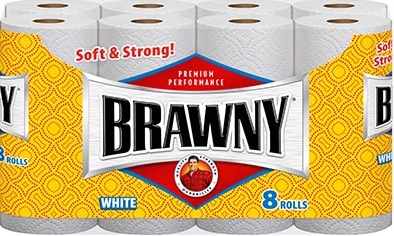 Green Drinks friend Natalie B writes, urging us to:
Green Drinks friend Natalie B writes, urging us to: 


